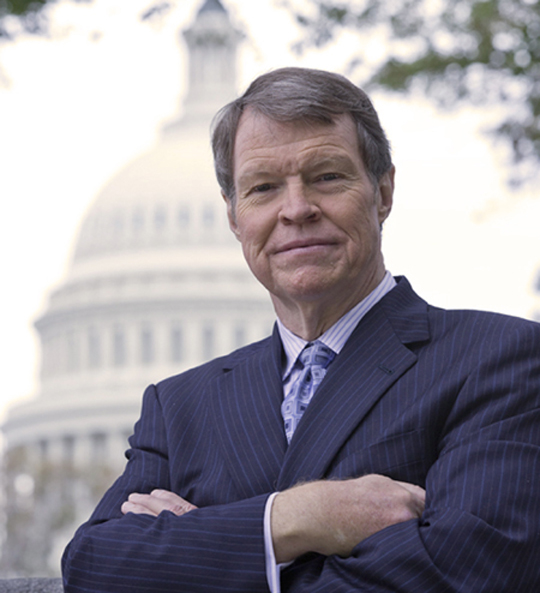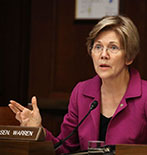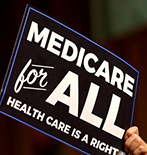
Merrill Matthews, Ph.D., is a resident scholar with the Institute for Policy Innovation, a research-based, public policy “think tank.” He is a health policy expert and opinion contributor at The Hill. He also serves on the Texas Advisory Committee of the U.S. Commission on Civil Rights.
Dr. Matthews is a past president of the Health Economics Roundtable for the National Association for Business Economics, the largest trade association of business economists. Dr. Matthews also served for 10 years as the medical ethicist for the University of Texas Southwestern Medical Center’s Institutional Review Board for Human Experimentation, co-author of On the Edge: America Faces the Entitlements Cliff, and has contributed chapters to several books, including Physician Assisted Suicide: Expanding the Debate and The 21st Century Health Care Leader and Stop Paying the Crooks (on Medicare fraud).
He has been published in numerous journals and newspapers, including The Wall Street Journal, Investor’s Business Daily, Barron’s, USA Today, Forbes magazine and the Washington Times. He was an award-winning political analyst for the USA Radio Network.
Dr. Matthews received his Ph.D. in Humanities from the University of Texas at Dallas.
Production on the Rise
Referring to a possible cutoff of Mideast oil, Merrill Matthews, resident scholar with the Institute for Policy Innovation in Dallas, Texas, said the good news is that the United States has the resources and the ability to fill the gap, and rising crude oil prices could serve as the catalyst to do so.
Climate Change Isn't Causing California Wildfires - Blame Lies with Bad Forest Management
For decades the U.S. Forest Service allowed logging companies to enter forests and clear out dead, stressed and diseased trees and underbrush – all of which are kindling for wildfires. But a steady decline has left forests filled with dead and diseased trees.
Big Coal, RIP
Big coal is dying, despite President Trump's attempts to resuscitate it, and the culprit is not man but ... markets.
SoCalGas Helps Put More Ultra-Low Emission NGV Trucks on Road
In more recent years federal environmental authorities have worked to keep the proportion of ethanol to gasoline in U.S. supplies at 10%. Generally, the auto and boating industries alike have resisted the use of ethanol, but the Trump administration may be poised to reverse that, according to a commentary on the Institute for Policy Innovation blog by Merrill Mathews, who equates the administration's interest to providing pork barrel offsets to Iowa farmers.
Who's Afraid of Stock Buybacks? Elizabeth Warren, That's Who
Elizabeth Warren has new legislation that would let politicians and bureaucrats, not CEOs and shareholders, decide how large companies spend their profits—for the betterment of Democrats, not those companies.
Trump Pushes the Ethanol Blend Wall
Increasing the blend wall to E15 means more demand for corn, which means higher prices and more money in farmers’ pockets — or maybe it just offsets some of their tariff-related losses.
Should Democrats Change Their Name to 'Democratic Socialists'?
In years past Democrats rejected any identification with socialism, but their recent policy positions demonstrate they are socialists in everything but name.
Remember When Republicans Cared About Federal Debt?
Republicans used to talk about cutting federal spending to reduce the national debt; now they only talk about growing the economy.
Five Takeaways from Mercatus's Medicare for All Cost Study
A new study estimates the cost of a single-payer health care system. It's expensive, but that's only part of the story.
Trump Accomplished American Energy Dominance - Then Gambled It On A Trade War
If the U.S. and China don’t defuse this conflict, China’s retaliatory tariffs could hammer America’s booming energy industry, wiping out thousands of current or future oil and gas jobs.









